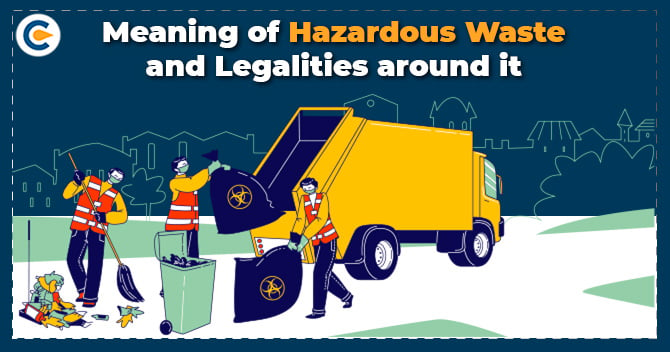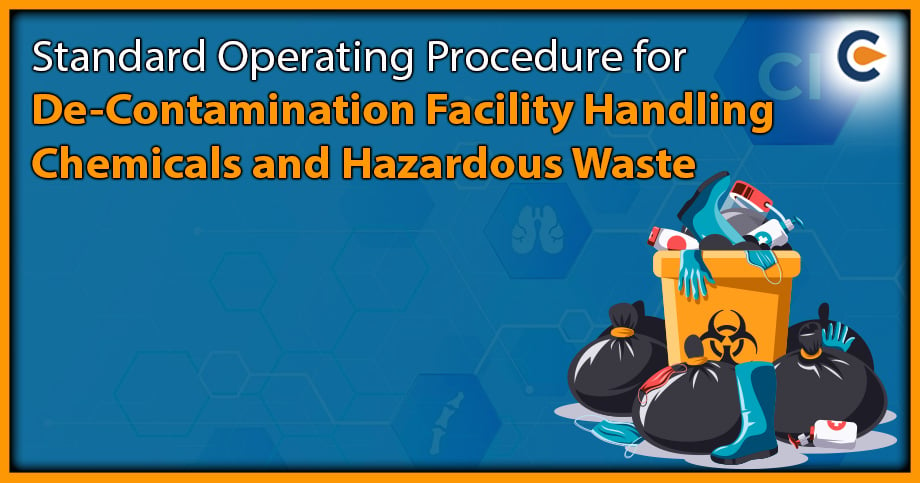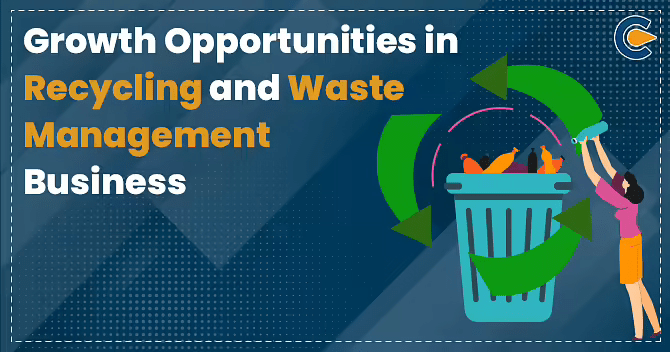Generally Speaking, Hazardous waste refers to the waste that has potential threats to human health or the environment. It is originated from a variety of sources, ranging from manufacturing process waste to batteries and may exist in various forms, including solids, liquids, gases, and sludges. In this write-up, you will come across the legal meaning of Hazardous waste and the legalities around it.
Meaning of Hazardous Waste under Hazardous and other Wastes (Management & Transboundary Movement) Rules, 2016
Hazardous waste refers to any waste which because of characteristics such as chemical, physical, biological, flammable, reactive, toxic, or corrosive poses danger to human life or environment, whether solely or in touch with other wastes, and shall include:
(i) waste cited under column (3) of Schedule I;
(ii) waste having equivalent to or more than the concentration threshold cited for the constituents in class A and B of Schedule II or any of the characteristics as cited in class C of Schedule II; &
(iii) wastes cited in Part A of Schedule III with respect to export or import of such wastes or the wastes not cited in Part A but manifest hazardous traits cited in Part C of Schedule III;
Role of Hazardous Waste Management in Waste Control
Hazardous waste can pose a substantial risk to humans and the environment. Such wastes can exist in various forms, including solids, liquids, gases, and sludges, and they are originated mainly via chemical production and other industrial undertakings.
They may cause considerable damage during inadequate storage, treatment, transportation, or disposal activities. Improper storage or disposal of such waste frequently contaminates groundwater supplies.
Residents near waste disposal sites can get severely affected by such wastes. In a bid to fix this frontline issue and to mitigate future harm from such wastes, the Indian Government, in association with MoFEEO, closely probe the practice of hazardous-waste management.
Authorisation for Entities Dealing with Hazardous Waste
Every occupier of the operational unit involved with the handling, accumulation, storage, packaging, transportation, treatment, recycling, processing, recovery, pre-processing, co-processing, sale, transfer or disposal of the waste hazardous in nature shall be required to register with a competent state authority and avail required authorisation.
The concerned authority has every right to revoke the authorisation in case of non-compliance. The defaulter, in such cases, will get the reasonable opportunity of being heard before the authority.
Upon suspension of the authorisation, the concerned state authority may confer guidelines to the individual whose authorisation has been cancelled or suspended for the management of the hazardous and other wastes, and such occupier shall adhere to such guidelines.
Liabilities of the Occupier for Hazardous Waste Management
(1) For the management of hazardous wastes, an occupier of the facility shall comply with the given steps, viz:
- Prevention
- Abatement
- Reuse
- Recycling
- Recovery
- Utilization including co-processing;
- Apt disposal
(2) The occupier of the facility shall be accountable for apt and eco-friendly management of hazardous waste
(3) The hazardous waste generated via the occupier’s facility shall be sent or sold to certified actual users or shall be disposed of in a certified disposal unit.
(4) The hazardous waste shall be transported to an authorised disposal facility pursuant to the norms of governing rules.
(5) The occupier who aims to get his hazardous waste treated and disposed of via operator of storage, treatment, and disposal unit shall render the operator such specific detail for the safe storage and disposal.
Provisions Regarding the Storage of Hazardous Wastes
The occupiers of production units may store the hazardous and other wastes for the duration not surpassing 90 days and shall administer the record pertaining to the sale, transfer, recycling, storage, recovery, co-processing, pre-processing, and use of said wastes and makes such records accessible for inspection.
Provided that the concerned state authority many extend the aforesaid timeline in following cases, viz;
(i) Small generators (up to 10 T/Annum) up to 180 days of their yearly capacity;
(ii) Actual users and disposal unit operators up to 180 days of their yearly capacity
(iii) Occupiers who lack access to storage, treatment, disposal unit in the respective State or
(iv) The wastes which require being stored for development of a process for its recovery, recycling, pre-processing, co-processing or utilisation;
(v) in any other event, on viable grounds up 180 days.
Responsibilities of State Government for apt Management of Hazardous Wastes
(1) Department of Industry located in the State or any other government department authorised in this context by the State Government, to ensure allocation or earmarking of the industrial plot for recycling, pre-processing, and other utilisation of hazardous wastes in the prevailing and hazardous estate, part and industrial clusters;
(2) Department of Labour located in the State or any other government department authorised in this context shall- (a) ensure acknowledgement and registration of workforce engaged with recycling, pre-processing, & other utilisation.
(b) aid formation of groups of such workers to ensure the establishment of such facilities
c) undertake skill development initiatives for the workers
(d) undertake yearly probing and ensure the health and safety of workers
(3) Every State Government may draft an integrated plan for apt implementation of these norms and furnish an annual report of the MoFFCC, i.e. Ministry of Environment[1], Forest and Climate Change
Conclusion
Hazardous wastes pose considerable risk to the environment and human life, and for this reason, it seeks proper disposal and treatment. The Hazardous and other Wastes (Management & Transboundary Movement) Rules, 2016, address the same objective and have various guidelines or norms for apt management of hazardous waste. Well, that is all about the meaning of hazardous waste and its legalities. Please add your valuable insight in the comment section if you have any opinions on the same.
Read our Article:How to Setup Hazardous Waste Recycling Plant in India











